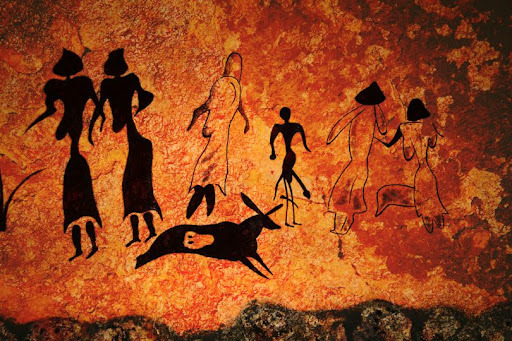What do you think?
Rate this book


256 pages, Paperback
First published January 1, 1955

""It would be a reciprocal relationship--the woman giving the food and shelter and doing some typing for him, and the man giving the priceless gift of himself," said Mark, swaying a little and bumping into a tree. "It is commoner in our society than many people would suppose."
"Now who would like some potato salad?” said Rhoda, feeling like there was something a little unappetising about the conversation. She had imagined that the presence of what she thought of as clever people would bring about some subtle changes in the usual small talk. The sentences would be like bright juggler’s balls, spinning through the air and being deftly caught and thrown up again. But she saw now that conversation could also be compared to a series of incongruous objects, scrubbing-brushes, dish-cloths, knives, being flung or hurtling rather than spinning, which were sometimes not caught at all but fell to the ground with resounding thuds. In the haze brought about by Malcolm’s cocktail, she saw the little dark-skinned aborigines, swinging the kangaroo by its legs and hurling it onto the fire. Certainly she had to admit that the conversation was different from what it usually was and perhaps that was the best that could be expected.
"Your people wait for you,” said Catherine. “How soothing it will be to get away from all of this complexity of personal relationships to the simplicity of a primitive tribe, whose only complications are their kinship structure and rules of land tenure, which you can observe with the anthropologist’s calm detachment.”